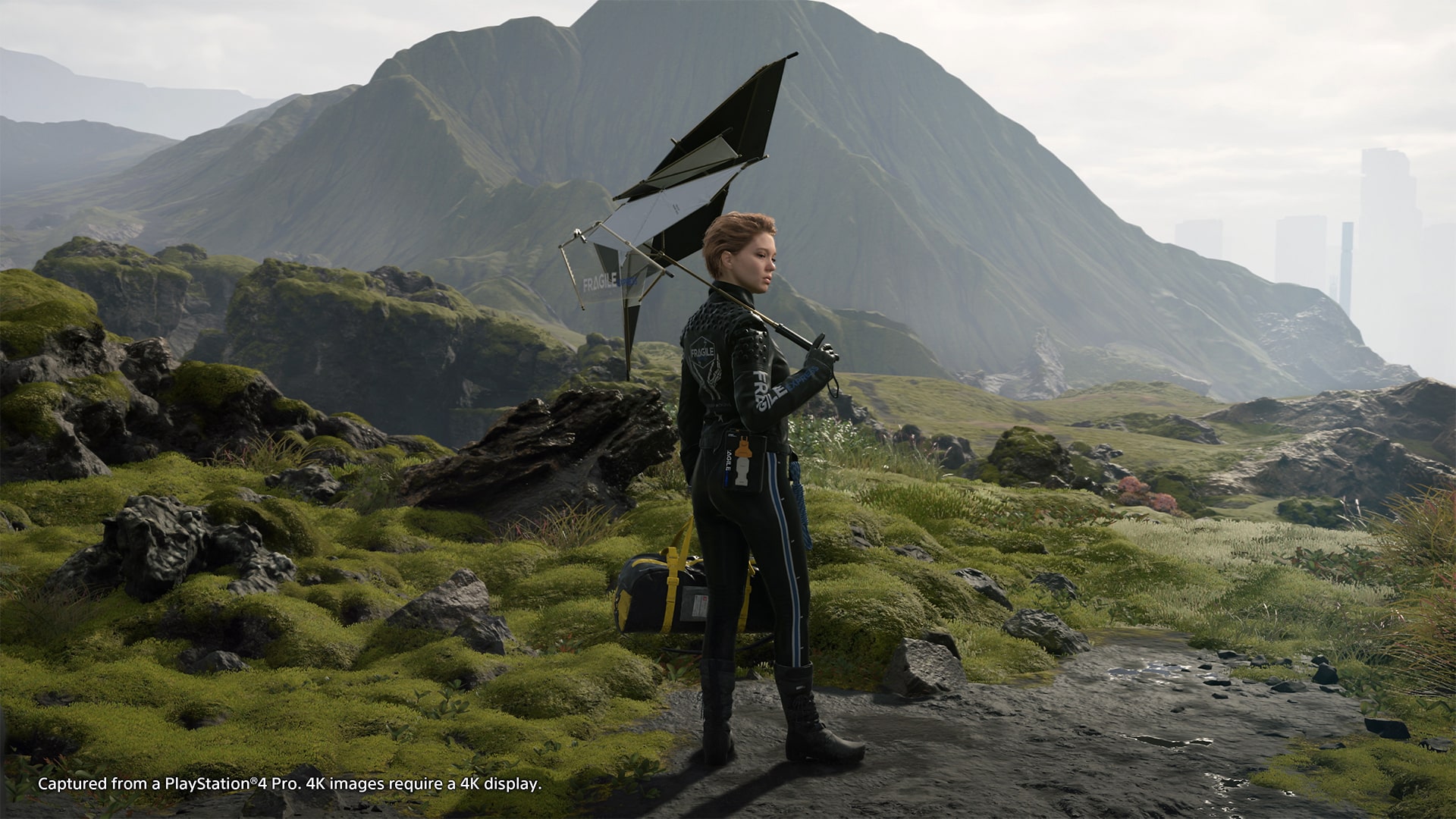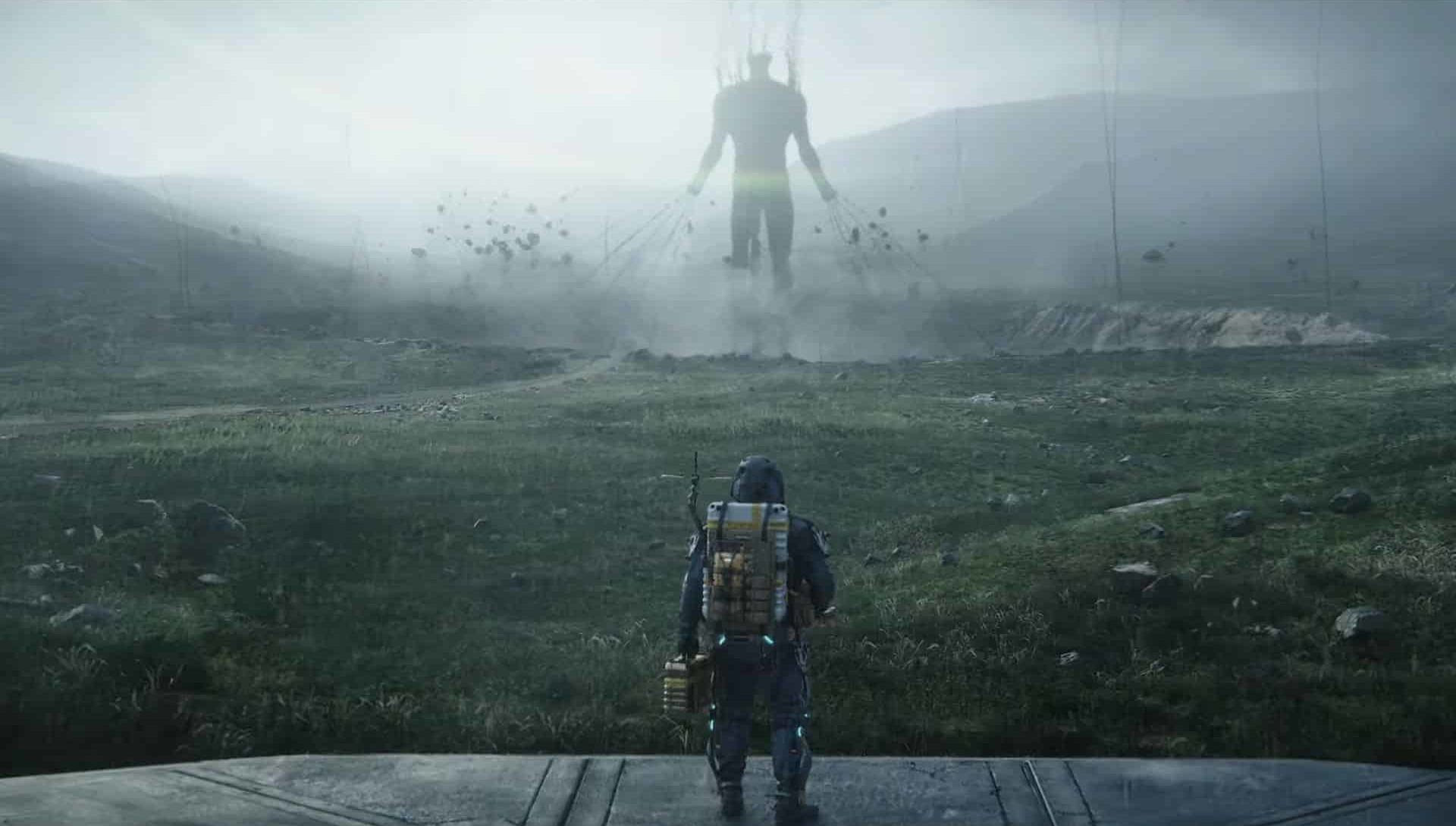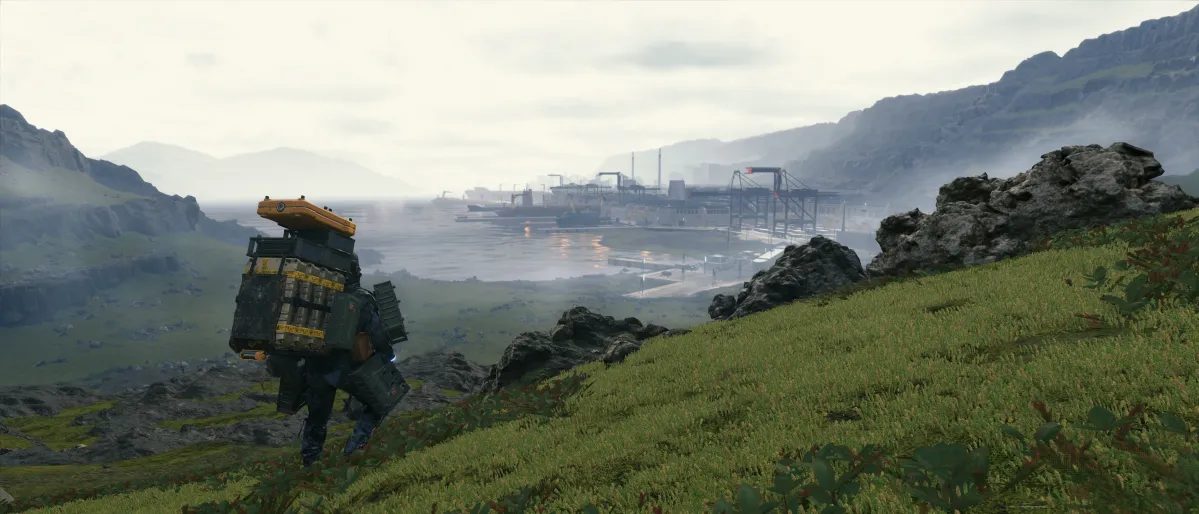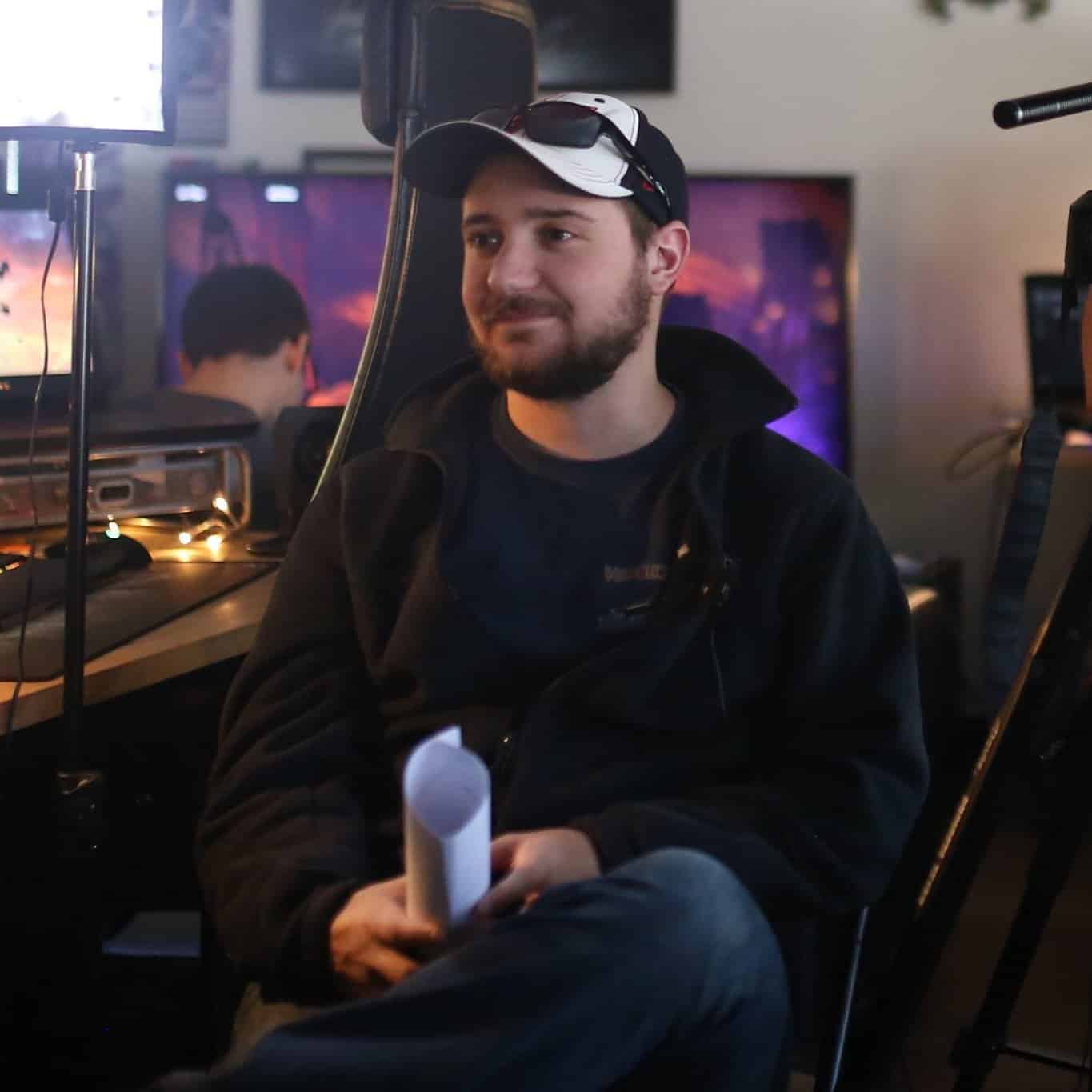I’ve tried a few times to get into Death Stranding.
The first was right around the time the game originally released at the end of 2019, and I put over 10 hours into it before deciding it wasn’t for me, even though I did enjoy it for the most part. I ended up putting the game down once the first backtracking missions appeared, as it had become tedious for me by that point.
There was too much inventory management for my tastes, the backtracking took too long, and I really did not like the stealth or combat mechanics when it came to dealing with BTs or the Mules. As much as I absolutely adored the world the game was set in, particularly the first time I would descend to a new location with lovely music playing, I just didn’t have enough patience for the mechanics I did not enjoy.
Over the last few years, however, I have been working hard to find more patience for games and to expand my tastes. One of the tough parts of being in games criticism is that you’re always feeling like you need to keep pace with all the new things coming out so that you have things to talk and write about. So, when tedium overtakes enjoyment, it’s easy to just put a game down and move onto the next thing so you have something interesting to say about it.
It’s what kept me away from genres like soulslikes and roguelikes for so long, at least until the last couple years where I have come to find the patience needed to enjoy such games, and now they’re among my favorite genres.
So last week I finally picked up the controller, loaded up Death Stranding, and sat down for the experience. Little did I know that when I was finished with the game a week later, I would be sitting here writing about it and how it’s now in my top five favorite games I’ve ever played.

PATIENCE
I’ve become a much more patient gamer over the last couple years, but I’ve also focused a lot on enjoying games the way that I want to enjoy them. For Death Stranding, I knew that I did not enjoy a lot of the mechanics of the game and mostly wanted to focus on the journey over the tedium of the game’s primary gameplay loop of making deliveries.
So, when I finally loaded up Death Stranding again, the very first thing I did was start a new playthrough on the game’s easiest difficulty. That way I could mostly ignore a lot of the monotony of the game’s mechanics and focus on being in the world and going on a meditative adventure… and that’s exactly what I got.
The easiest difficulty mode in Death Stranding removes pretty much all of the tedium of managing your inventory, the stress of clunky combat sections, and makes the stamina and weight-balancing extremely manageable. The main challenge that remains, and what I think is the best part of the game, is navigating the world and finding the best path forward.
It clicked, and I fell in love with Death Stranding almost immediately once a lot of the stress of too many mechanics and micro-managing menus was taken away. I was instantly immersed into the game’s beautiful world and engaging traversal mechanics in a way that no other game has managed to do for me before, and I enjoyed every second of my 26 hours with the game.

Death Stranding was the first game that I’ve played that truly felt like I was embarking on an adventure through its world. While a lot of games have gorgeous worlds to explore, I’ve never felt like the world itself was a challenge to overcome to just get to the next objective, and Death Stranding achieves that in spades.
I didn’t want to fast travel or use vehicles to get anywhere faster. Thanks to putting the game on the easiest difficulty and lessening the mechanics I found tedious, the main challenge I could focus on was just getting to the next area. I was never bored, never falling asleep at the controller just trying to get to the next story beat, and each time I reached a new location, I felt like I had accomplished something and not just arrived at where I needed to be to keep playing.
It’s why Death Stranding is now among my favorite games I’ve ever experienced. It grounded me in its world, rather than just using the world as set dressing. I was constantly engaged with it, thinking about what tools I might need for the journey ahead and how to safely reach my destination. And as a lover of great video game music, being rewarded not with experience points, but a nice piece of music to listen to as I approached my destination, definitely helped pull me through its world too.
It’s not often a video game completely changes the way you think about how certain game genres should be designed going forward, but Death Stranding achieves that. Future open-world games should look to Death Stranding as an example of world and gameplay design that makes the world an active participant in a player’s adventure and not just a bystander.






Published: Feb 1, 2023 10:00 am